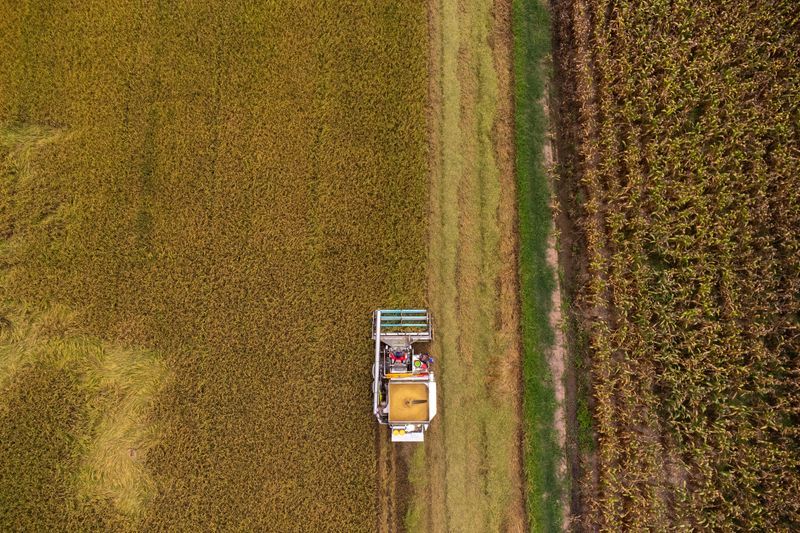Thai farmers, who are some of the most indebted in the world, are facing a mixed bag of prospects as rice prices soar to their highest levels in years.
On the one hand, the higher prices offer an opportunity for farmers to finally turn a profit and reduce their debt burdens. However, many farmers are struggling to capitalize on the high prices due to a number of factors, including rising input costs, water shortages, and a lack of access to credit.
The Thai government has long subsidized the rice sector, but these subsidies have failed to address the sector’s long-term issues, such as low productivity and a lack of innovation. In addition, climate change is making it increasingly difficult for farmers to grow rice profitably.
As a result of these challenges, the amount of land under rice cultivation in Thailand has been declining steadily in recent years. This trend is likely to continue in the coming years, which could have a significant impact on Thailand’s status as a major rice exporter.
Debt-Laden Farmers Struggle to Capitalize on High Prices
Many Thai farmers are heavily indebted, having borrowed money to finance their crops and meet their living expenses. The high interest rates on these loans can eat into any profits that farmers make, even when rice prices are high.
In addition, many farmers are struggling to afford the rising costs of inputs, such as fertilizer and pesticides. The cost of fuel has also increased significantly in recent months, making it more expensive for farmers to transport their crops to market.
Government Subsidies Fail to Address Sector’s Long-Term Issues
The Thai government has long subsidized the rice sector in an effort to protect farmers and boost production. However, these subsidies have been criticized for being inefficient and for failing to address the sector’s long-term issues.
For example, the government’s rice pledging scheme, which guarantees farmers a minimum price for their crops, has been accused of encouraging overproduction and driving down global rice prices.
Climate Change and Lack of Innovation Add to the Pressures
Climate change is also posing a major challenge to Thai farmers. Thailand is particularly vulnerable to drought and flooding, which can damage crops and reduce yields.
In addition, Thai farmers have been slow to adopt new technologies and innovations. This has made it difficult for them to compete with farmers in other countries that are using more efficient production methods.
Conclusion
The soaring rice prices offer a glimmer of hope for Thai farmers, but they are also facing a number of challenges, including high input costs, water shortages, and a lack of access to credit. The Thai government needs to do more to address the sector’s long-term issues, such as low productivity and a lack of innovation.









